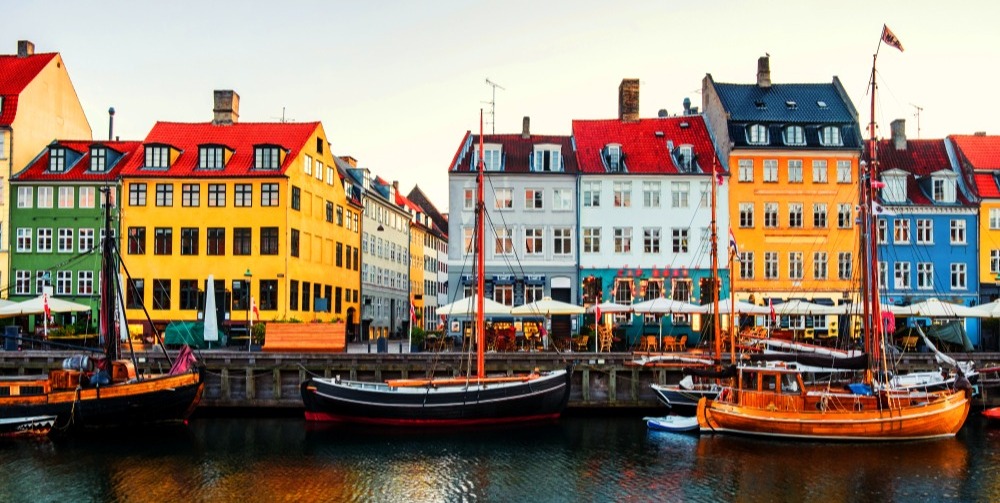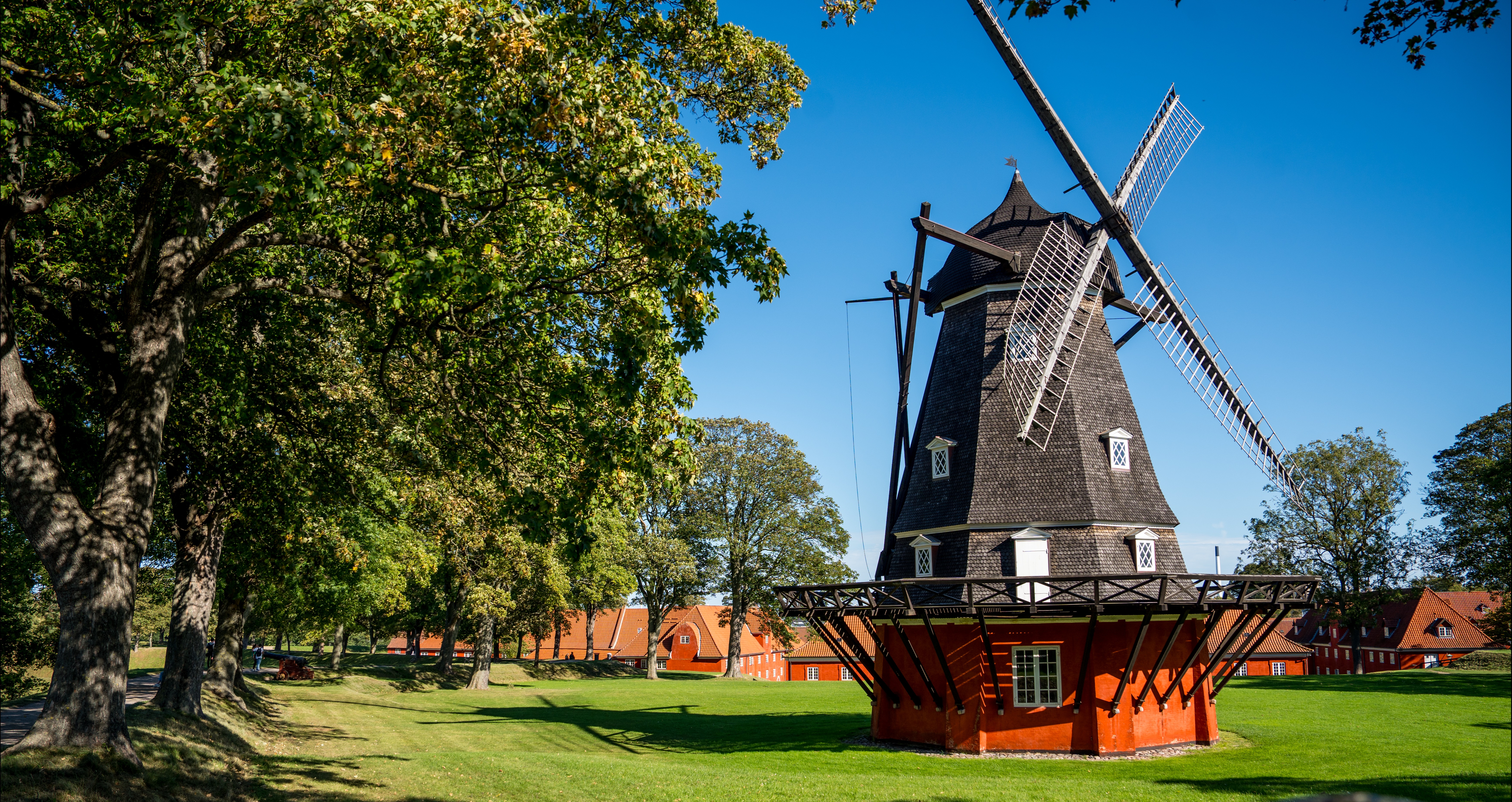The 85th Annual Meeting of the Academy of Management (AOM 2025)
25-29 July 2025 | Bella Center | Copenhagen, Denmark
Velkommen til KØbenhavn! Welcome to Copenhagen!
About Copenhagen
Copenhagen is the capital and most populous city of Denmark, with a population of 1.4 million in the urban area. The city is situated on the islands of Zealand and Amager, separated from Malmö, S weden, by the Øresund strait. The Øresund Bridge connects the two cities by rail and road. Originally a Viking fishing village established in the 10th century in the vicinity of what is now Gammel Strand, Copenhagen became the capital of Denmark in the early 15th century. Since the turn of the 21st century, Copenhagen has seen strong urban and cultural development, facilitated by investment in its institutions and infrastructure. Copenhagen is home to the University of Copenhagen, the Technical University of Denmark, Copenhagen Business School, and the IT University of Copenhagen. The University of Copenhagen, founded in 1479, is the oldest university in Denmark.


Weather
July is the warmest month with an average daytime high of 22 degrees Celsius or 72 degrees Fahrenheit and an average daily low of 14 degrees Celsius or 57 degrees Fahrenheit. Because of Copenhagen’s northern latitude, you can also expect an average of 17 hours of daylight in July. Consider bringing along an eye mask for sleep.
Safety
According to “Study in Denmark”, as of 2021, Copenhagen ranked the highest in the safe cities index, making it the world’s safest city! However, it is still a city, and you must take precautions for your own safety and security. Further, in a new culture, it is more challenging to correctly assess risks and read situations than at home.
Language
The primary language spoken in Copenhagen is Danish, the official language of Denmark:
- Danish: The mother tongue of Copenhagen residents, and the national language of Denmark. Danish is related to Swedish and Norwegian but is distinct from them in terms of pronunciation and grammar.
- English: 86% of Danes speak English as a second language, and it's taught in Danish schools from a young age.
- German: Some Danes speak German, and it's a third language option in Danish schools.
- French: Some Danes speak French, and it's a third language option in Danish schools.
- Swedish: About 13% of Danes speak Swedish, and it's the third most widely understood foreign language.
Click here for a list of some useful words and phrases in Danish.
Tipping
Tipping is not expected and is not customary in Copenhagen except in restaurants where good service would typically lead to 10% added to the bill.
Getting Around Copenhagen
The bulk of the 2025 Annual Meeting will take place at the Bella Center which is approximately 5 metro stops away from the Copenhagen city center on the green line (m1). The ride takes about 10 minutes. Most attendees will be staying in AOM
blocks near the city center and traveling back and forth on the metro. A transit map can be found here.
Copenhagen is a bicycle-friendly city, with many locals using bikes as their primary mode of transportation. Most streets are equipped with dedicated bike lanes. While walking around the city, please stay alert and be mindful of both bicycles and cars.
If you are feeling up to participating in this local trend, here are some options for
renting a bicycle.
 85th Annual Meeting of the Academy of Management
85th Annual Meeting of the Academy of Management